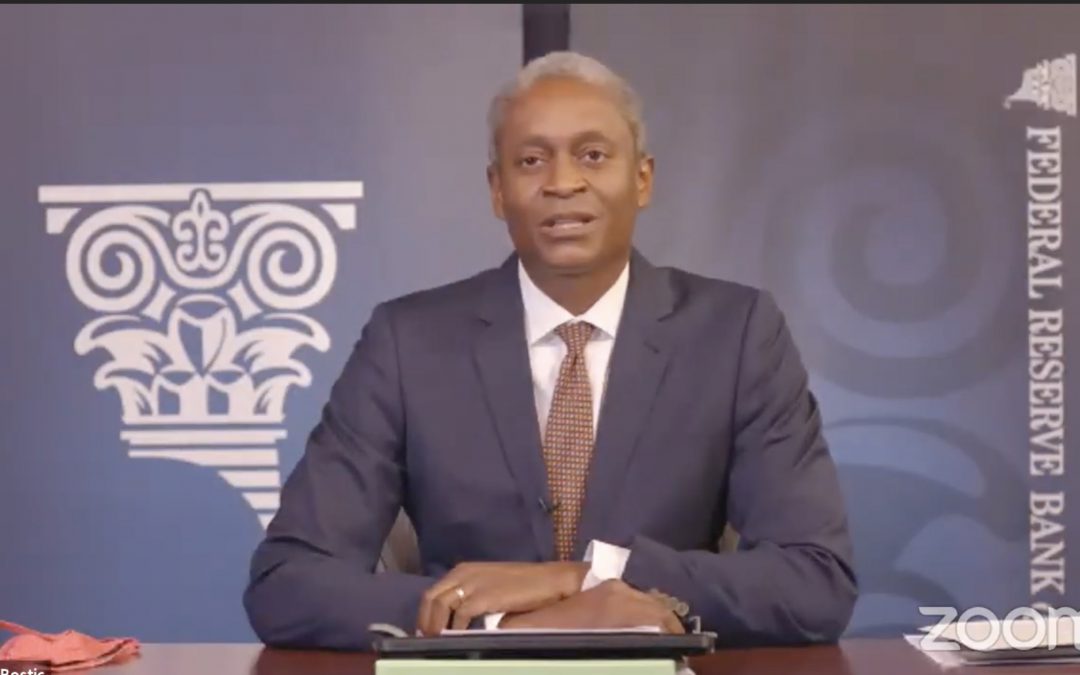WASHINGTON- Leaders of several regional Federal Reserve banks were challenged Wednesday to do more to help low-income and minority communities survive the COVID-19 recession, especially considering the recent breakdown of congressional financial relief talks.
“The Federal Reserve, as the main economic policy instrument in the country, needs to be passionate about not just the wealthy, but all people,” said Ursula Burns, former CEO of Xerox and first Black woman to head a Fortune 500 company. “Your economic policies, and your interest rates, can drive growth, more equity and more inclusion.”
Burns’ comments came during the first of seven virtual events held by the Federal Reserve Banks of Atlanta, Boston and Minneapolis to evaluate the impacts of structural racism on the U.S. economy historically and during the COVID-19 pandemic.
“Nothing like this [event] has ever happened in the history of the Federal Reserve,” said Raphael Bostic, president of the Federal Reserve Bank of Atlanta.
Eric Rosengren, president of the Federal Reserve Bank of Boston, agreed that the Federal Reserve could do more to help disadvantaged communities of color, but added that the federal banking system can only do so much without help from other branches of government.
“We can’t give grants to individuals, we can’t give grants to businesses,” said Rosengren. “During a pandemic, where we have high unemployment and interest rates are already close to zero, it really is the responsibility of the fiscal government to do more.”
The speakers agreed that the debilitating effects of racism have hurt the American economy, and that COVID-19 has exacerbated those effects.
“Racism exists in the United States, and continues to be a major yoke on our economy,” said Bostic.
Speakers also pointed out the current recession’s disproportionate harm to people of color, especially Black people.
“When the economy goes into a recession, the first people who are hit are people of color,” said Angela Glover, founder and CEO of PolicyLink. The US unemployment rate in September was 10.3% for Latinos and 12.1% for Black people, compared with only 7% for white people.

